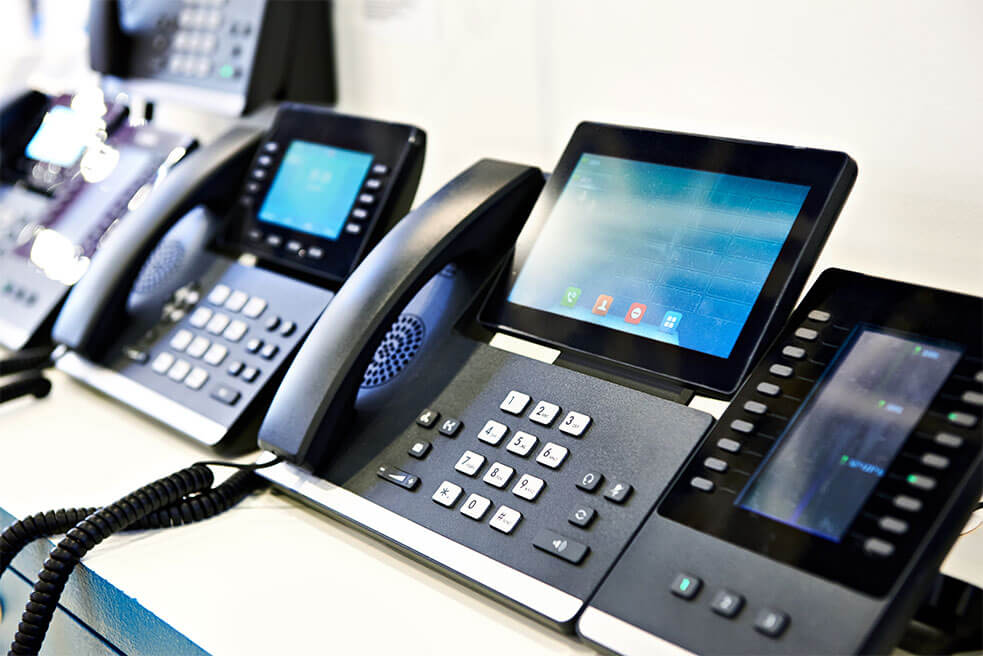Microsoft has launched a new SIP Gateway service making most SIP (session initiation protocol) phones compatible with Microsoft Teams Telephony. Cisco, Poly, Yealink and Audiocodes are the current SIP Phone models supported by Microsoft’s SIP Gateway.
It’s promising to see this product release as previously only Microsoft-certified phones were compatible with Microsoft Teams Telephony. This was limiting given most handsets produced by mainstream vendors over the last 10 years were SIP compatible.
For many businesses, the cost of replacing SIP phones with Microsoft-certified devices would’ve been a major barrier for moving telephony to Teams. Depending on the features, Microsoft-certified phones typically cost between $200 and $1,000. Consequently, replacing devices where a physical phone was still required would’ve been a significant and often unexpected expense. This was often the largest cost incurred in an overall migration. By eliminating this cost, as the SIP Gateway is free to use for Teams telephony users, Microsoft has made their telephony even more appealing.
One limitation however is that Teams will only support core calling features on standard SIP phones. Core features that are included are as follows:
- Inbound and outbound calls
- Call transfers
- Meeting dial-in and dial-out
- Device-based “do not disturb”
- Voicemail
This means, unfortunately, some great features such as Presence, Directory Search, Contacts and more are all absent when using legacy SIP phones.
What about Skype for Business 3PIP phones?
Microsoft retired Skype for Business Online on July 31st, 2023. However, those using 3rd party IP phones (3PIP) will be able to use them indefinitely if moving to Teams telephony.
3PIP phones are well placed to serve a cost-conscious Teams telephony migration strategy because they were developed with Skype for Business in mind, meaning the level of core functionality is greater than those using the SIP Gateway to connect generic SIP Phones. This is no doubt encouraging for those looking to migrate from Skype for Business to Teams telephony!
One recommendation we make when planning a migration to Teams telephony however is to incrementally swap to headsets as a business. Whilst 3PIP and SIP phones are compatible with a Teams telephony rollout, headsets paired with Teams Native phones give the best overall user experience. If you’re wanting more advice on the best devices and hardware for Microsoft Teams – read our whitepaper here.
Further reading
If you’re interested in learning more about devices and hardware requirements for a Teams Telephony migration, check out the below content:
- Webinar: The latest devices and trends in Microsoft Teams Telephony
- Blog: Devices and hardware for Microsoft Teams Calling
- Whitepaper: Devices and Hardware for Microsoft Teams Calling
About LoopUp
Powering the global journey to cloud telephony with Microsoft Teams, we are a certified Microsoft Gold Partner who provide a fully managed direct routing service.
With fully compliant cloud PSTN replacement in 67 countries and flexible solutions elsewhere, LoopUp has the reach to provide even the largest multinationals with a single global solution for telephony. All your users on Microsoft Teams Calling from one service provider, on one global network, administered on one management system – wherever in the world they may be.
If this is something you’re looking into at the moment and are interested in learning more, get in touch with one of our consultants today.









